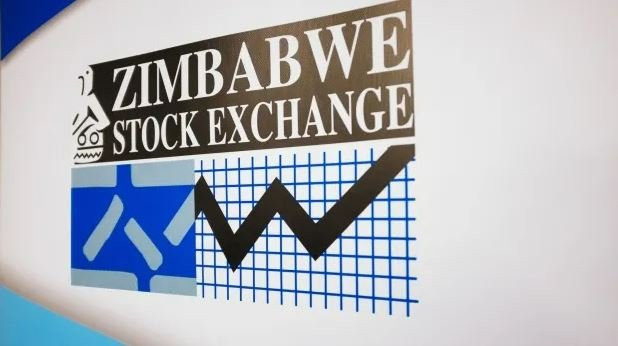
It is not often that Zimbabwe’s capital markets offer reasons for optimism. But this month, amid the noise of economic turbulence and policy anxiety, there are faint yet unmistakable signals of momentum building across the country’s two bourses — the Zimbabwe Stock Exchange (ZSE) and its foreign currency-indexed cousin, the Victoria Falls Stock Exchange (VFEX).
After 130 years of existence, the ZSE has listed its own holding company on its trading board. On the surface, it is a technical milestone. But beneath it lies a bigger shift — a maturing exchange asserting its credibility, embracing transparency, and inviting deeper scrutiny of its business model.
As chief executive officer Justin Bgoni tells our reporter, Ruth Maseko, the listing is not just for optics. It is about driving shareholder value, raising capital for expansion, and building public trust in an institution that has long urged others to list — but never led by example. That contradiction has now been resolved.
What makes this move particularly meaningful is the timing. At a moment when many are questioning the ZSE’s relevance in an inflation prone, low liquidity economy, the bourse’s leadership is not retreating. Instead, they are showing up — publicly promising dividend returns, scouting acquisition opportunities, and defending the exchange’s ability to support real capital raising, as seen in the recent OK Zimbabwe rights issue. This is the kind of clarity investors crave.
Meanwhile, over on VFEX, momentum is building. Fresh data from FBC Securities shows a 232% increase in turnover in the first half of 2025, with volumes soaring nearly 800%. While prices have remained mostly stable, it is the activity — the buying and selling — that signals deepening investor engagement. The narrative is shifting: VFEX is no longer viewed as a political workaround but as a legitimate platform for exporters, dollar-focused investors, and institutions seeking a currency hedge.
Of course, all of this is happening within a deeply imperfect ecosystem. Currency instability, policy unpredictability, and limited foreign repatriation channels continue to cast long shadows. And while VFEX’s rise is notable, much of it has come at the expense of the ZSE, raising questions about long-term market balance. Critically, the pipeline of new listings — rather than migrations — will be the true test of capital market health.
Still, there are signs of structural evolution. The investor base is changing. Pension funds may be retreating, but new players — including corporates and wealthy individuals — are stepping into the breach. On VFEX, the growing participation of retail investors hints at the kind of grassroots activity that sustains real depth.
Most encouraging of all is the tone from the top. Bgoni is not spinning fairy tales. He acknowledges challenges around currency volatility, debt market stagnation, and interest rate distortion. Yet, he is also laying out a clear vision: lower rates, revived government bond participation, and a diversified revenue base. This realism — coupled with action — is what separates wishful thinking from actual reform.
- Inaugural Zim investor indaba highlights
- Stop clinging to decaying state firms
- ZB explores options to tackle inflation
- Zim operations drive FMB Capital
Keep Reading
The capital markets alone cannot fix Zimbabwe’s economic challenges. But they can provide platforms for funding, discipline for issuers, and opportunity for savers. They can anchor confidence, if managed well. Right now, we are seeing early signs of that potential.
In a sea of chaos, the tide may be starting to turn. But whether this glimmer becomes something more enduring depends, as always, on one elusive ingredient — consistency.






